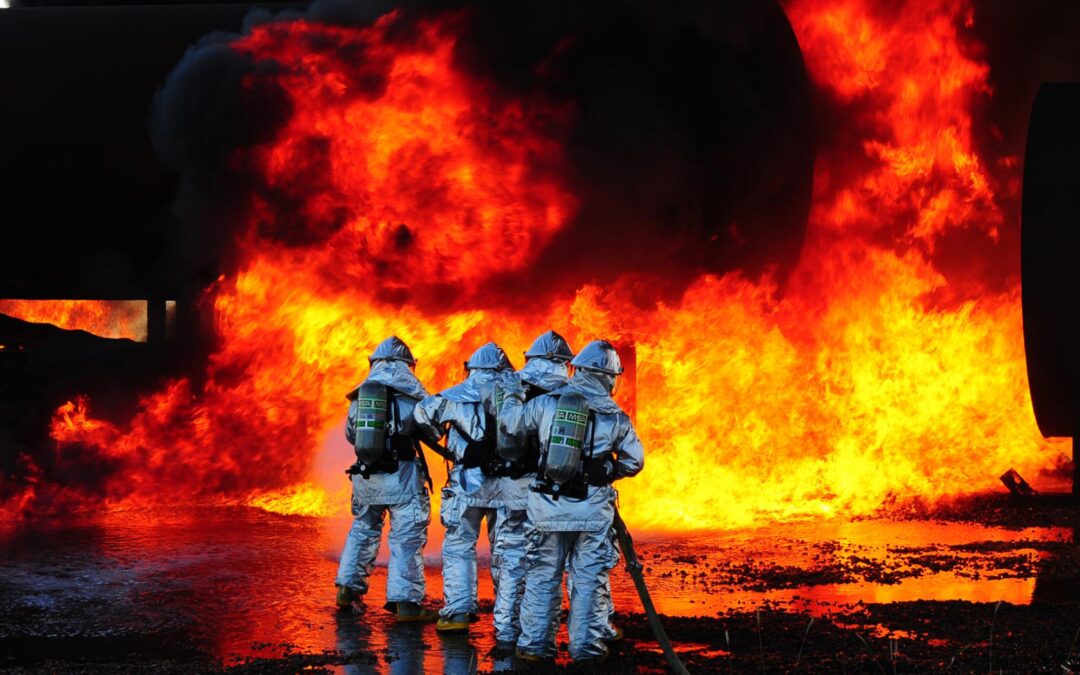Industrial fires can cost companies and governments a significant amount of money and lead to devastating loss of life. According to a recent statistic from the National Fire Protection Agency (NFPA), an average of 37,000 fires occur in industrial and manufacturing facilities annually. Accidents happen, but proactively taking safety measures can help limit liability, ensure employee safety, and minimize potential property damage. The Occupational Health and Safety Administration (OSHA) and the NFPA have implemented mandatory fire and safety standards to ensure employees are provided a safe working environment. In order to effectively protect employees, employers must have a thorough understanding of agency requirements. In this blog, we breakdown employer responsibilities regarding fire prevention in the workplace.
Employer Fire Safety Requirements
Implement an Emergency Action Plan
OSHA 1910.39 requires employers to have a fire prevention plan (FPP) to prevent a fire from occurring in the workplace. An FPP must be in writing at your facility and must be available to employees for review. If you have 10 or less employees, your plan may be communicated orally to employees. Your FPP should consider safe storage and handling of flammable liquids and compressed gases and must follow NFPA guidelines, as well as local Fire Codes. A fire prevention plan must include:
- A list of all major fire hazards,
- proper handling and storage procedures for hazardous materials,
- potential ignition sources and their control, and
- the type of fire protection equipment necessary to control each major hazard.
Upkeep Fire Protection and Prevention Equipment
It is the employer’s responsibility to keep fire protection equipment in working condition. Fire extinguishers and fire suppression systems must be regularly inspected, maintained, and tested. This includes procedures to control accumulations of flammable and combustible waste materials and regular maintenance of safeguards installed on heat-producing equipment to prevent the accidental ignition of combustible materials.
Train Employees to Use Fire Safety Equipment & on the Emergency Action Plan
Employers must train employees on the proper use of fire safety equipment at least annually. Employers must also inform employees of the fire hazards associated with their job, and train employees on aspects of the FPP necessary for personal safety.
Our team of experts has over 50 years of experience assisting clients with evaluation, development, and implementation of emergency action plans and fire prevention plans. Contact us today to set up a consultation!
Additional Resources:

